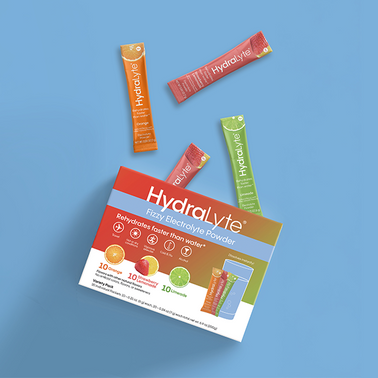The most common adverse eventsare nausea, vomiting, diarrhea, and headache.
What's important to remember is that every drug has a different list of side effects and it's important to understand what you are getting yourself into before starting any new medication. You need to know your health preferences and what you can handle. These are the most common adverse events: 1. Nausea 2. Vomiting 3. Diarrhea 4. Headache * Note dehydration can occur as a result or cause of the above side effects. For short-term courses of medication, such as an antibiotic, these may be uncomfortable and unwanted but still manageable for the short duration of the drug doses. You may not feel the same way if the medication was for a chronic condition lasting several years. No one wants to feel horrible all the time, so talking with your doctor about the best way to manage the side effects of your medication is key. Some of the more common side effects can be manged at home without needing to stop the medication completely. If you ever are having difficulty breathing, develop a rash, or feel that something isn't right, contact your doctor immediately. If you are experiencing any of the four most common symptoms, here's some advice on what to do:
Nausea
Try taking your medication with a small meal or snack, and drink a full glass of water, slowly.
Vomiting / diarrhea
Try to avoid taking your medication on an empty stomach. If you do experience vomiting and diarrhea, replace your lost fluids and electrolytes with an oral rehydration solution.










